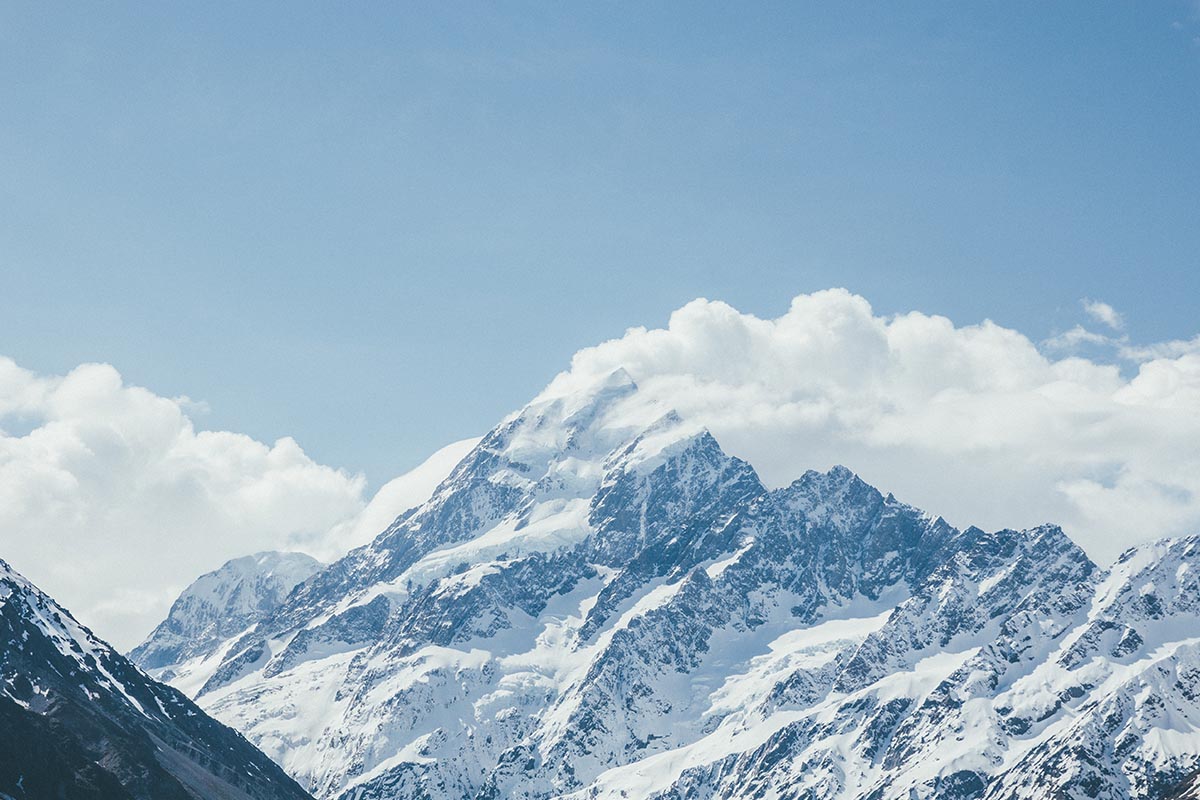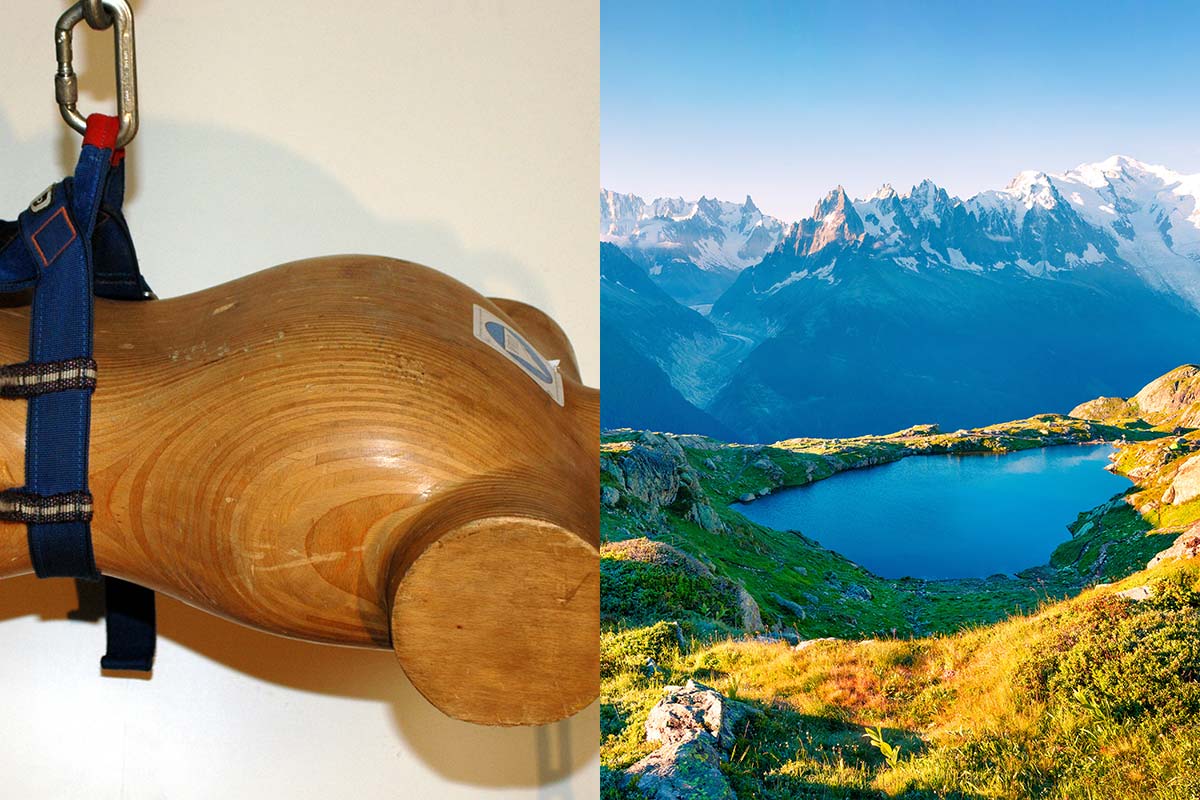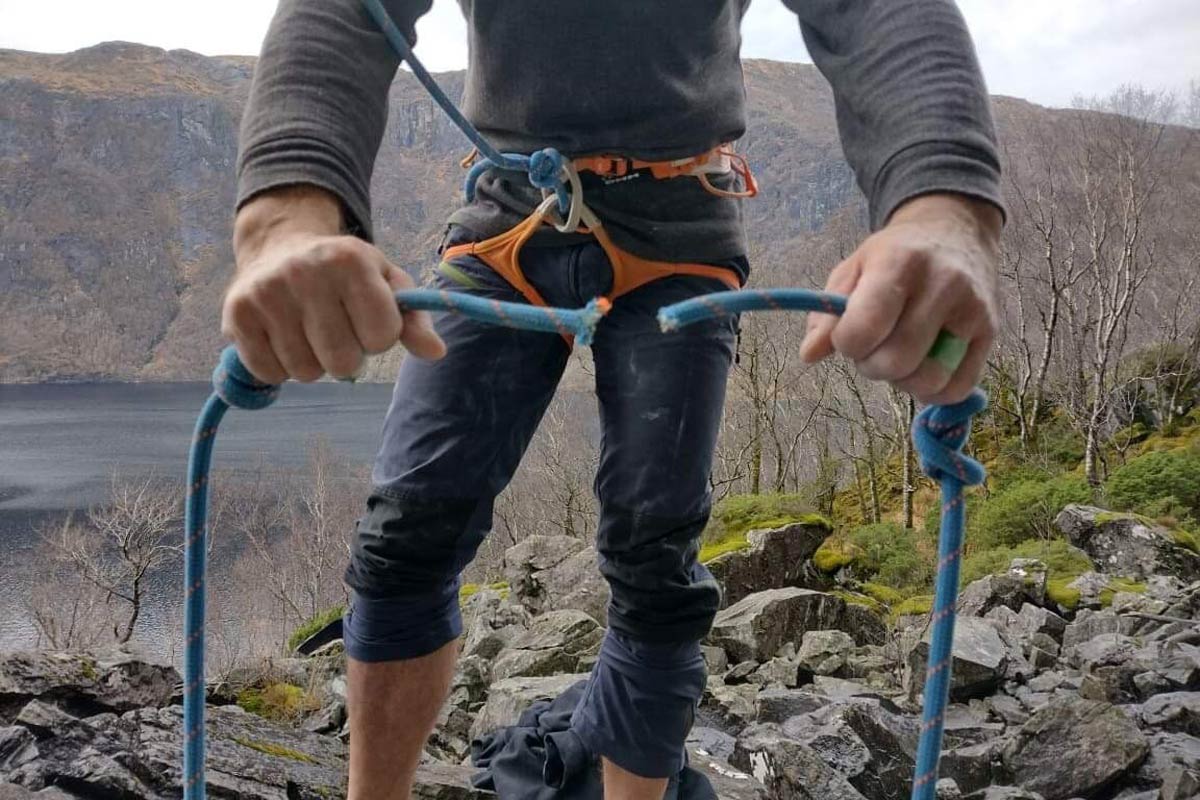Edmund Hillary was born in Tuakau, New Zealand. His interest in mountaineering developed after a school trip aged sixteen. After finishing school he became a bee keeper, a summer job which he combined with winter climbing. His first major climb was Mount Olivier in the Southern Alps of New Zealand in 1939. During World War 2, Hillary was a navigator in the Air Force.


(20 July 1919 – 11 January 2008)
In 1951 Hillary was a member of a reconnaissance expedition which mapped out the route towards the top of Everest over the Khumbu Glacier. In 1953, he was invited to join the British summit expedition, an offer he immediately accepted
Expedition leader John Hunt decided that Hillary would climb together with Tenzing Norgay, a Sherpa mountaineer who had reached a point just 237m below the summit the year before. Hillary and Norgay set their final camp at 8,503m and on the morning of 29 May they started climbing the last stretch, reaching the summit at 11:30.
On the descent, the first person the pair met was Hillary’s friend George Lowe. The scene of Hillary’s famous quote: “Well, we knocked the bastard off.”
Hillary later climbed ten other major peaks in the Himalayas. He took part in an expedition to the South Pole in 1958 and landed on the North Pole in a plane flown by Neil Armstrong in 1985. The man who has described himself as “just an average bloke” then became the first person to stand on both poles as well as the summit of Mount Everest.
Hillary has said that even though he enjoyed climbing Everest and trips to the poles, the most worthwhile thing he has done is working for the Sherpa community through the Himalayan Trust. This organisation focuses its efforts on replanting trees along with providing education and basic health services. Projects are only carried out if they are specifically requested by the Sherpas and involves the local community takes part in the building work. To minimise all unnecessary costs, the trust relies almost exclusively on volunteers, so that all the money raised can be transferred directly to Nepal.
The trust has built two hospitals, thirteen health clinics and over 30 schools. It provides grants to students, trains teachers and organises public health programmes to combat diseases, stillbirth and infant mortality. This has lead to improvements in life expectancy for the Sherpas. To protect the environment, one million trees have been planted and several Sherpas have gained degrees following training both in forestry and national park management in New Zealand and Canada.
Hillary was awarded the English Order of the Garter, Order of New Zealand and Order of the British Empire, which gave him the title Sir. He is also the first New Zealander to appear on a banknote as well as the first foreigner to become an honorary citizen of Nepal. He was elected honorary member of the UIAA in 1992.
Sir Edmund Hillary died on the 11 January 2008 in Auckland, New Zealand.



